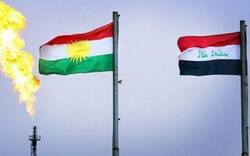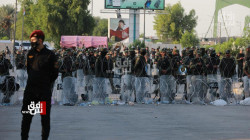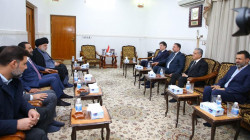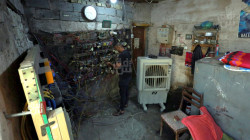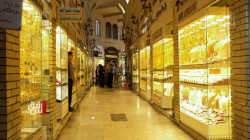From paradise to pavement: Baghdad losing its sacred plant
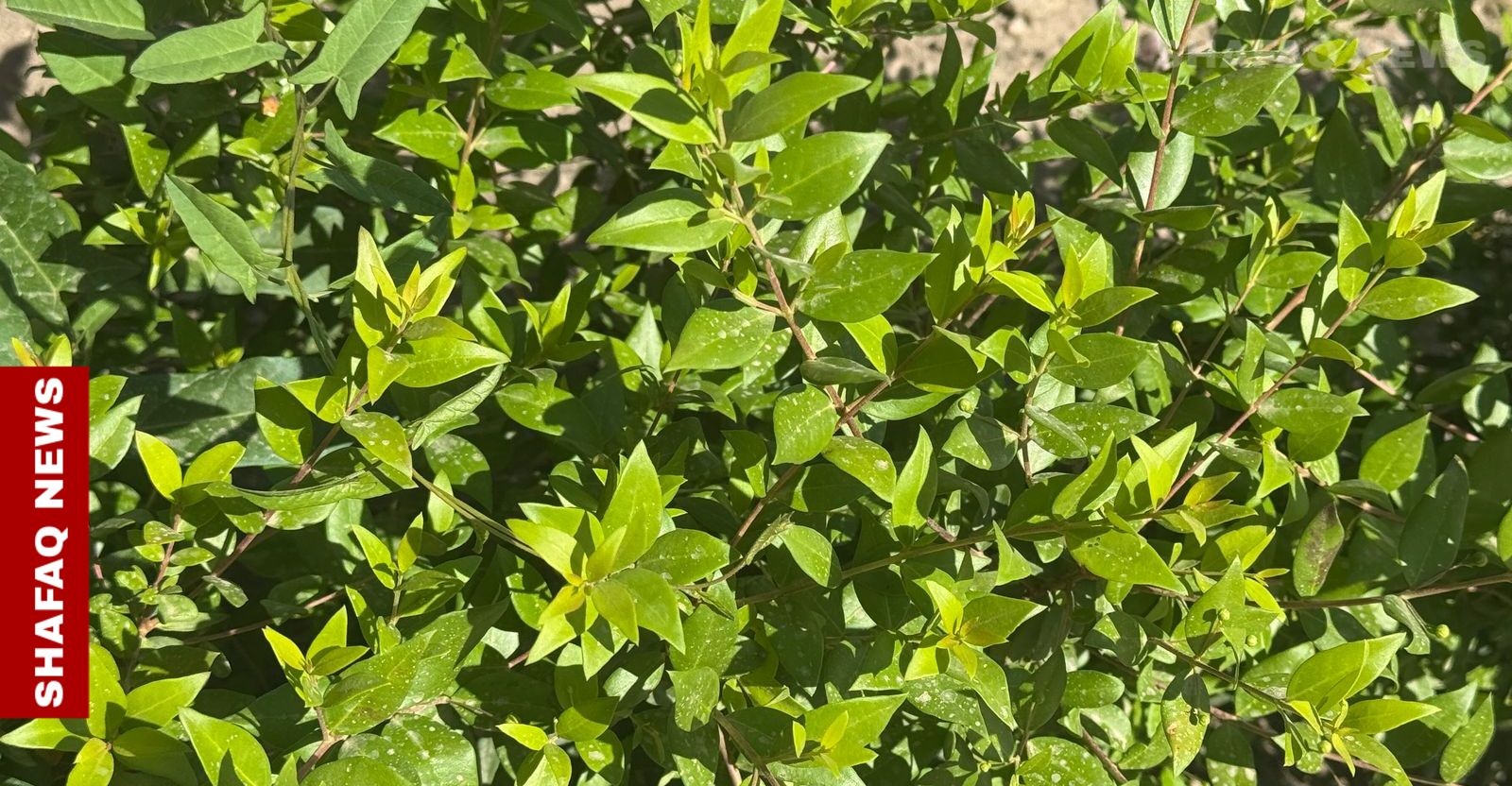
Shafaq News/ Once a fragrant fixture of Baghdad’s summer nights, the myrtle plant, known locally as "Yas", is fast disappearing from the city’s gardens as concrete spreads and water grows scarce.
The evergreen shrub, which was a staple in home courtyards and narrow alleys, now struggles to survive in a city where green spaces are vanishing and summer temperatures routinely exceed 50°C.
Though it lacks direct scriptural endorsement, the Yas carries deep cultural significance across Iraq’s religious communities. Its leaves are scattered at funerals, woven into church decorations, and used in Mandaean baptisms.
Sheikh Mortada Hussein al-Uzerjawi described it to Shafaq News as a "living symbol,” and a "link between henna, martyrdom, and the memory of paradise in Iraqi culture.” He also cited its use in traditional healing, referencing scholars like Ibn al-Qayyim al-Jawzi.
Sister Rita Babeka, speaking from a Baghdad church, explained that the plant represents “peace and purity,” often appearing in holiday rituals more from tradition than theology.
Mandaean researcher Jabbar Muneer Muklif noted its importance in his community’s rites, “It accompanies us from birth to death.” In newborn ceremonies, Yas is placed on the navel as part of a pre-baptismal ritual.
The plant carries symbolic weight even beyond Iraq. In Greek mythology, Aphrodite (ancient goddess of sexual love and beauty) was said to hide in its branches, giving it an ancient association with chastity and divine protection.
But in modern Baghdad, tradition is colliding with reality. As real estate prices rise, homeowners are replacing gardens with annexes and rooftops. The Yas, which demands care and consistent watering, is being edged out by drought-resistant alternatives like acacia—often encouraged by municipal guidelines.
Agricultural engineer Najah Mohammed remarked, “The sound of garden shears has been replaced by construction hammers.” His colleague Ihsan Abd Ali warned that this quiet loss threatens to sever Baghdad from a vital part of its botanical and cultural identity.
In the Al-Adhamiyah district, 70-year-old Hasiba Aqil recalled family dinners under the Yas branches. “Now it’s all concrete. Losing the yas is like losing the city’s rhythm—its familiar sounds, its scent, its soul.”
Experts are calling for action, proposing to revive the plant in public parks, offer drip irrigation incentives to homeowners, and launch awareness campaigns to reconnect residents with the city’s botanical heritage.
As Baghdad confronts intensifying heat and water shortages, replanting the myrtle might seem minor—but to many, it represents a step toward reclaiming a lost identity.
